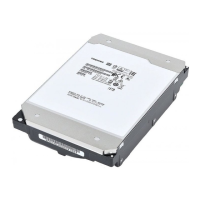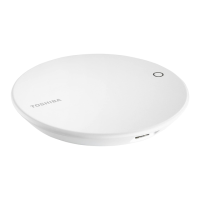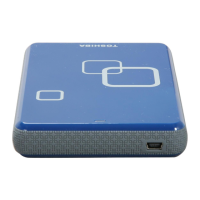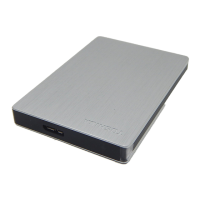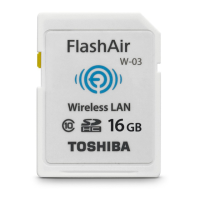- 949 -
to be treated as PLC#1 and PLC#2 in Table 4.9-3. Note that the user should set PLC for scheme
switch [TPOS01-LGP2EXOT].
TPOS01 function (Function ID: 513001)
Operate Cmd.
with ILK† condition
Operate Cmd.
without ILK† condition
Command “PLC-P2-Control” requiring ILK check
(PLC#3 connection point)
ILK† condition (“P2”) passed
User configurable condition
(PLC#3 connection point)
“TPOS01_P2EC_OK_CSF”
(513001 8004011E7F)
“TPOS01_P2EX_BO”
(513001 8204011DD3) §§
“TPOS01_P2EC_OK_CS”
(513001 8304011E82)
ASEQ function§” is in progress
“TPOS01_P2EC_OK_CSF”
(513001 8004011E7F)
“TPOS01_EX_FFL”
(513001 8604011E91 ‡‡
Detection of state-change in a device
User configurable condition
(PLC#2 connection point)
“TPOS01_EX_CMP”
(5130018004011E93)
Command “PLC-P2-Control” not requiring ILK check
(PLC#4 connection point)
Figure 4.9-41 Operate P2-Control by the PLC function in TPOS01
††
†Note: The ILK function can provide the criteria foe operation for “P2” control.
‡Note: An “operate condition” signal is generated in the operate-condition logic (Figure
4.9-44) when Fixlogic is set for scheme switch [TPOS01-LGCTRCON]. If an
alternative “operate-condition programmed by the user is required in place of the
signal generated by the original operate-condition logic, connect the alternative
“operate-condition” to the logic shown in Figure 4.9-41 using connection point #3
“User configurable condition” That is, set the scheme switch [TPOS01-
LGCTRCON] to PLC and use “TPOS01IN_TMP_28”.
§Note: The ASEQ function can provide sequential signals for automatic control.
*Note: The user can set the type of output signal. When Var is set for the scheme switch
[TPOS01-PLSM], the output period of the signal is defined by the setting applied
to [TPOS01-CPW]. When Fix is set, the signal ceases when the 43S or an ES is
changed.
‡‡Note: The “Operate failed” signal is issued when the state-change is not detected until
after reaching the time set by the setting [TPOS01-RST]
§§Note: The signal “TPOS01-PIEX-BO” is issued when Fixlogic is set for [TPOS01-
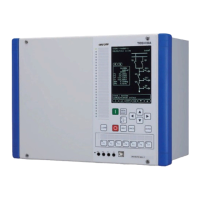
